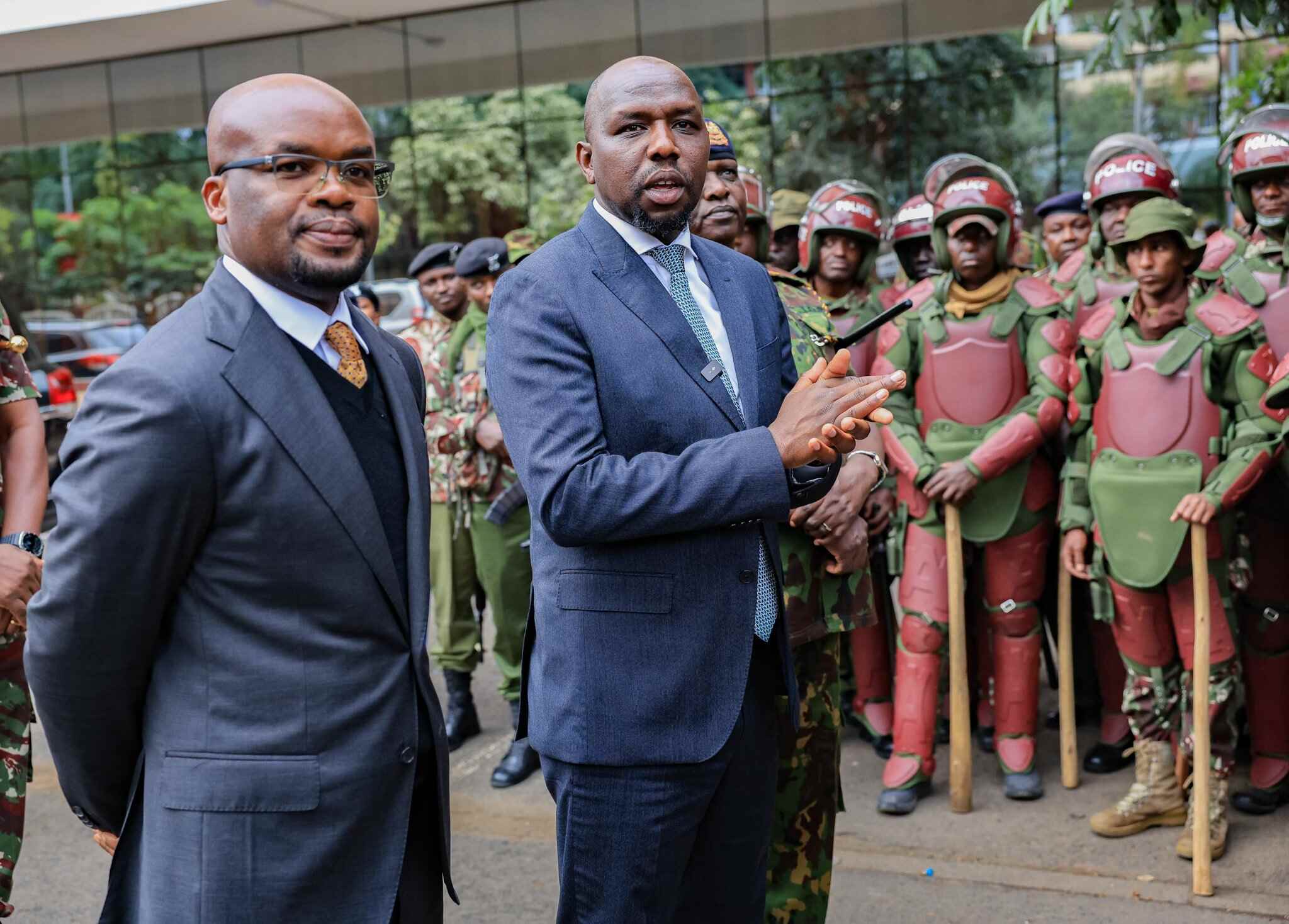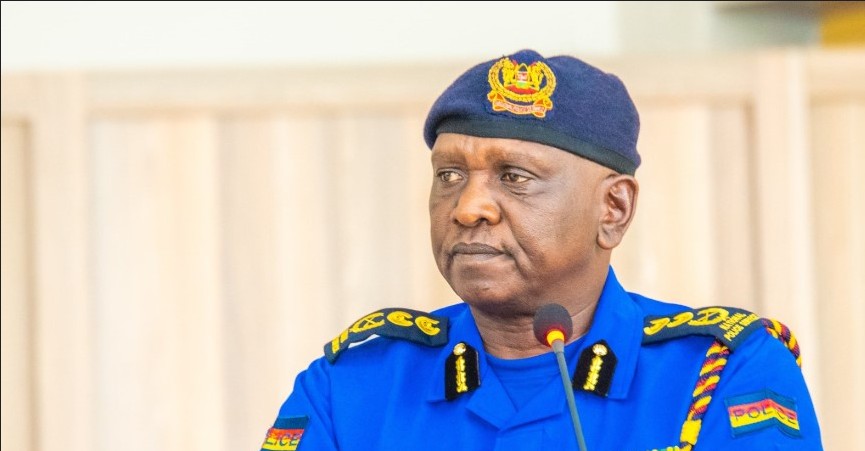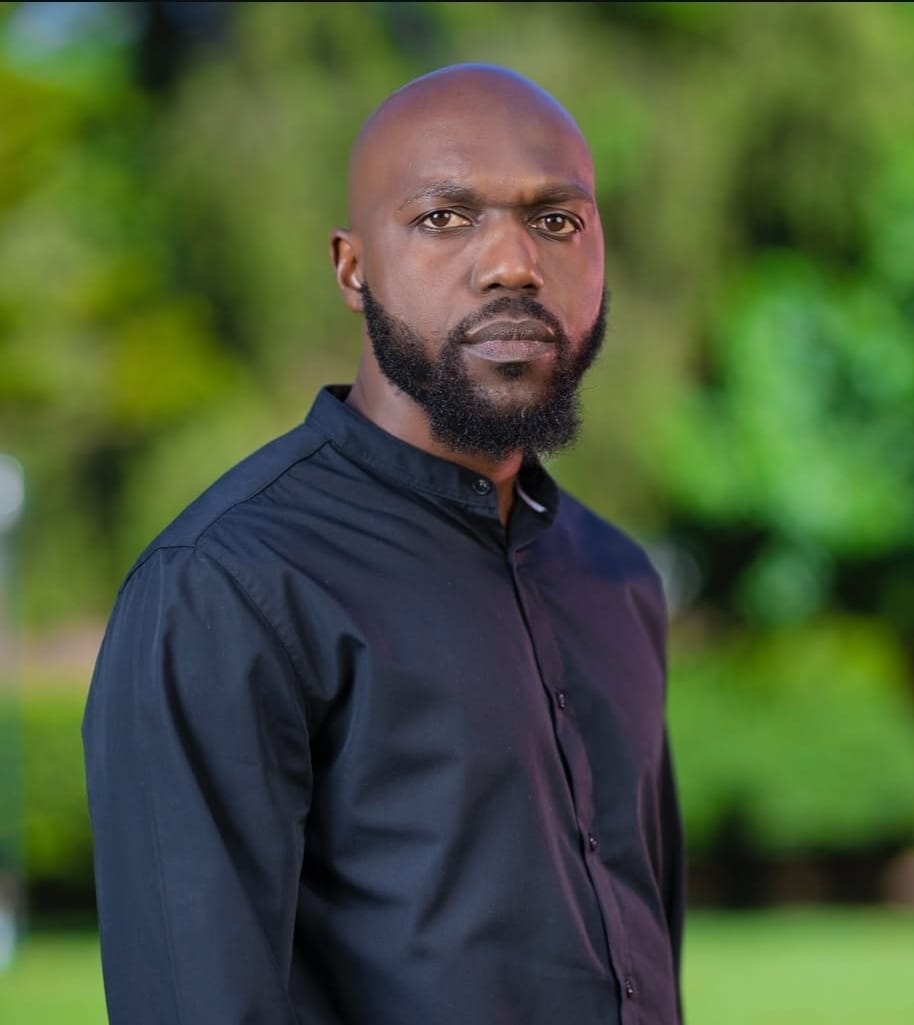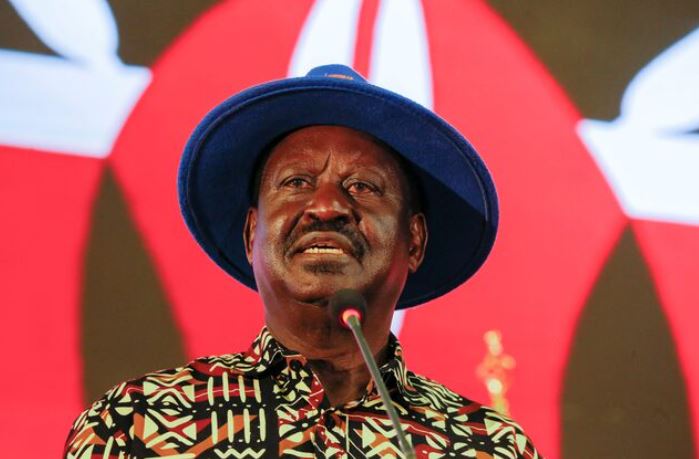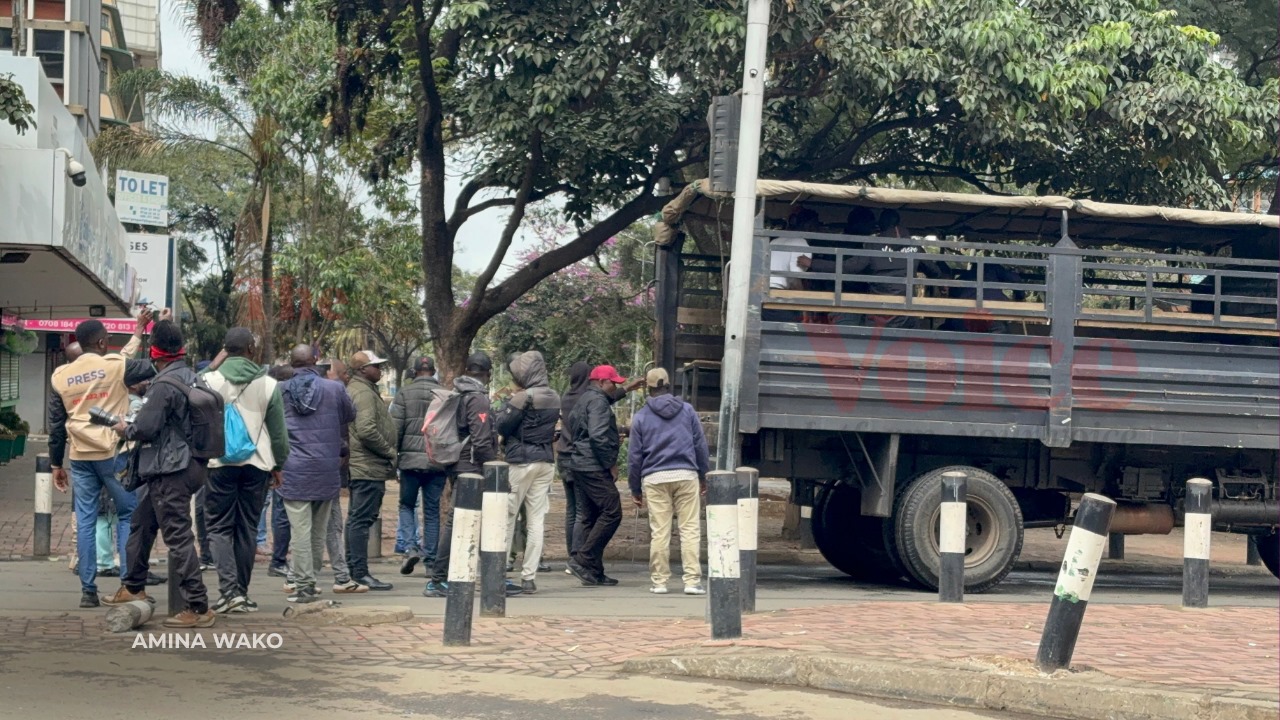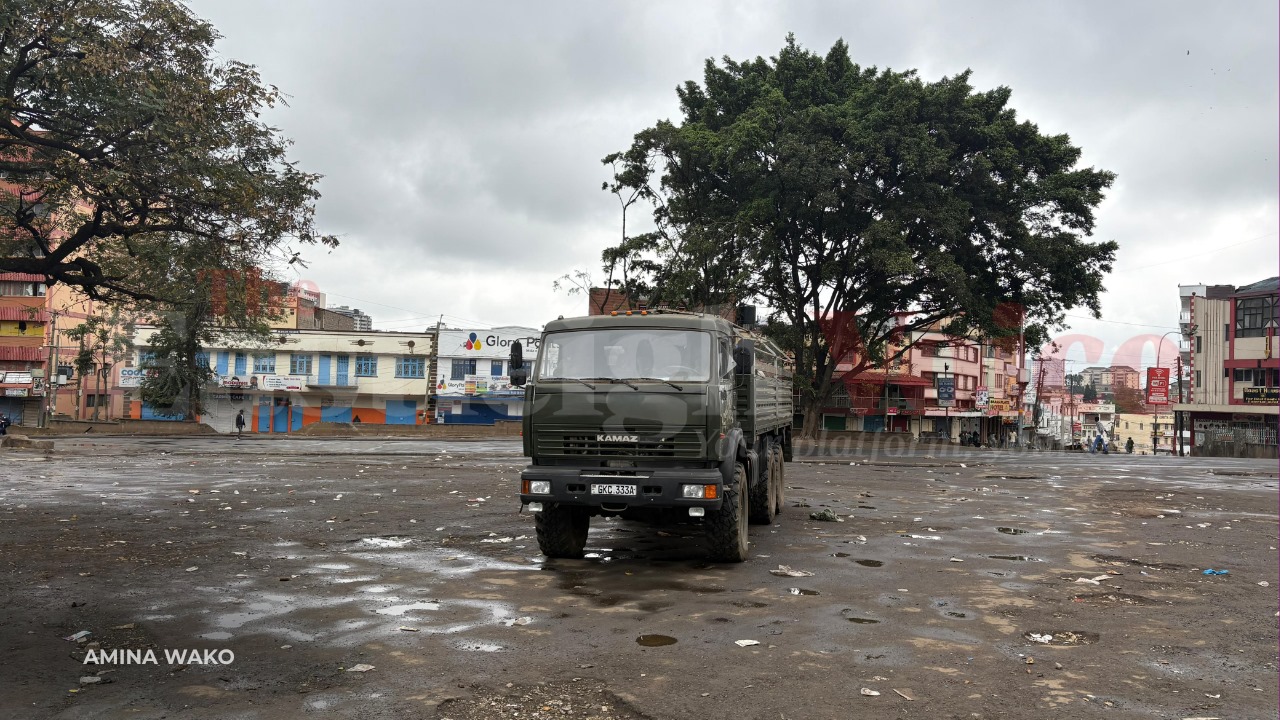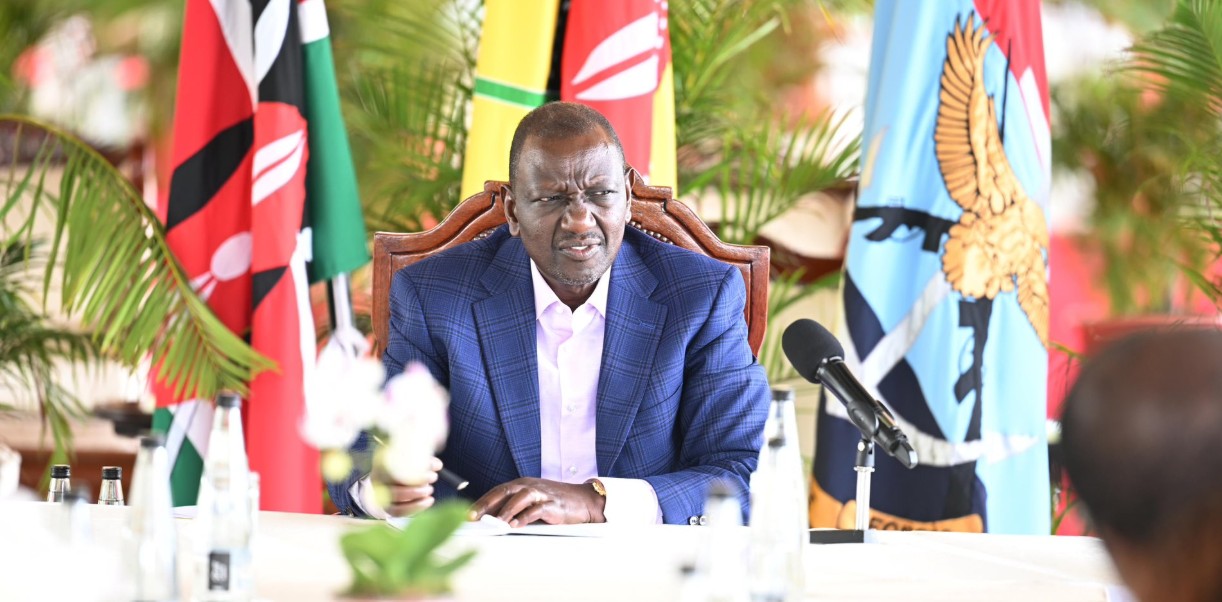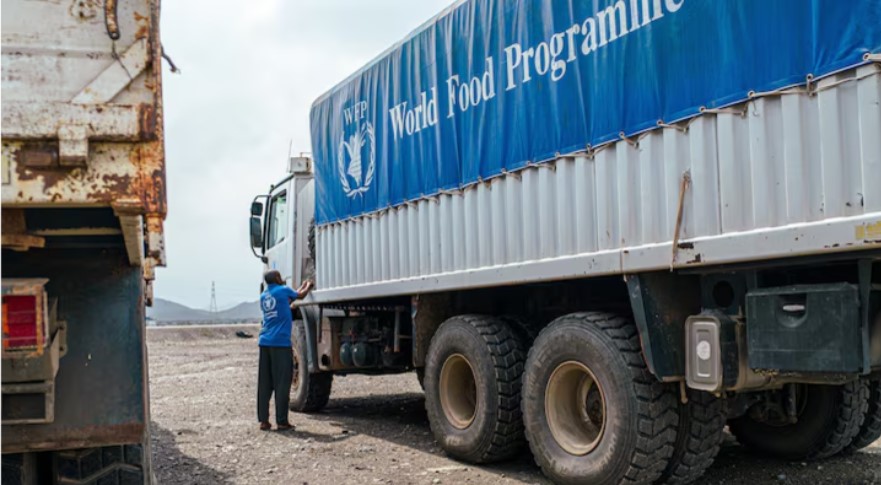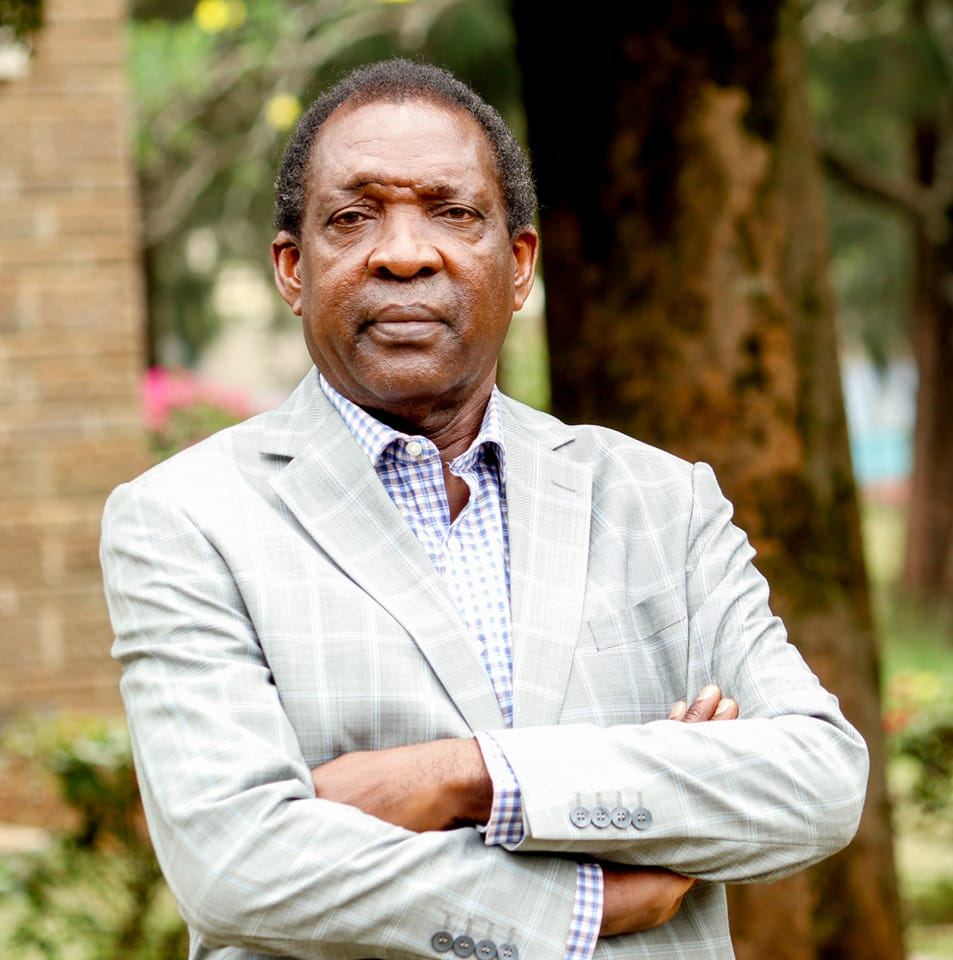Raila Odinga rekindles spirit of 1990 Kamukunji rally, honours Kenneth Matiba and Charles Rubia
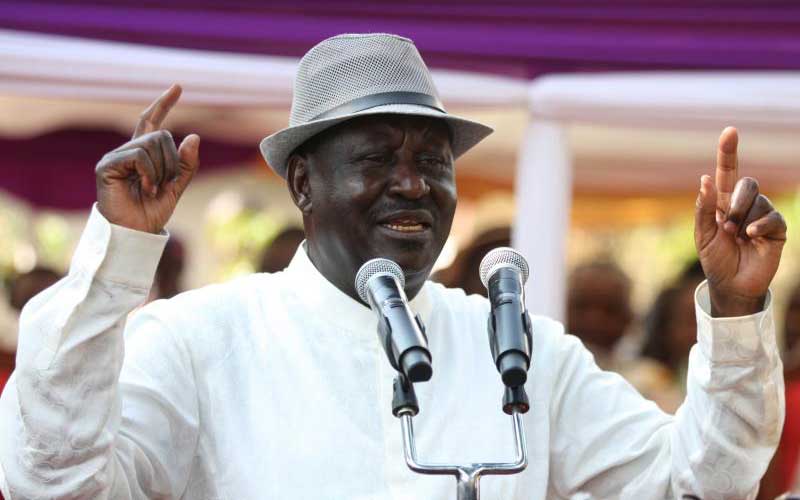
The long-time opposition politician said the ideals of the movement remain unfulfilled as the country continues to grapple with many of the same issues that sparked the first Saba Saba protests in 1990, including economic hardships and human rights violations.
Former Prime Minister Raila Odinga on Monday failed to reach Kamukunji Grounds in Nairobi for the Saba Saba Day commemoration rally over police barricades that he said blocked his supporters from accessing the historic venue.
Reflecting on how the 1990 Kamukunji Grounds rally was organised, Odinga recalled the difficult journey he and other freedom fighters, among them, Kenneth Matiba and Charles Rubia, endured, including detention.
More To Read
- 11 dead, 567 arrested during Saba Saba protests, police confirm
- Politician offered goons Sh100,000 to assault, disrupt my protest coverage - Larry Madowo
- Saba Saba: CS Murkomen expresses regret over Nairobi lockdown, emphasises security first
- 10 dead, 29 injured and two abducted as Saba Saba protests rock 17 counties - KNCHR
- Saba Saba: Raila calls for formation of ‘national conclave’ to address national grievances
- Saba Saba: Raila Odinga skips Kamukunji rally, blames police blockades
Odinga emphasised the significance of Saba Saba, describing it as a historic occasion rivalled only by Mashujaa Day and condemned those who opposed it in 1990 but now claim to be champions of liberation.
"Roadblocks have made it difficult for people to come to Kamukunji. That is why we've come here to Serena. This is a day that is only rivalled by Mashujaa Day. The recognition and remembrance of Saba Saba Day has not been consistent. One moment it is important and another moment it is not important," said Odinga.
He went on to stress that commemorating Saba Saba is not just another protest but a special day of remembrance, highlighting that Kamukunji Grounds is the site of the first FORD party meeting after the repeal of Section 2A, which paved the way for multiparty democracy.
Addressing the current state of the nation, Odinga said Kenya is at a crossroads and proposed dialogue whose outcomes, he said, should be subjected to a referendum.
"The biggest challenge affecting Kenya today is how to expand economic opportunities and how to expand exclusivity," he added
On Sunday, Odinga rallied Kenyans to converge at Kamukunji Grounds to mark the anniversary of the historic Saba Saba protests. He lamented that the ideals of the movement remain unfulfilled.
"We have not achieved what Saba Saba intended,” he said. “Violation of human rights is still a challenge in the country, police brutality is there, and the economy has not performed as we expected. Saba Saba was meant to bring people together for a common cause: change.”
The ODM leader reaffirmed his commitment to attend Kamukunji, the symbolic site where he, among other pro-democracy activists, demanded multiparty democracy 35 years ago during President Daniel Moi’s authoritarian regime.
“I intend to call the people and go to Kamukunji to honour those who were killed,” Odinga told reporters.
He was accompanied by other ODM leaders, including Suna East MP Junet Mohammed, George Aladwa of Makadara, and Peter Orero of Kibra, among others.
Top Stories Today
